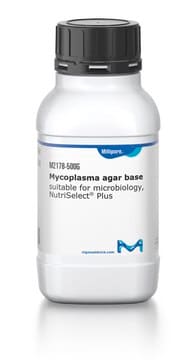T8266
Thallium(I) acetate
≥99%
Synonym(s):
Acetic acid thallium(I) salt
About This Item
Recommended Products
Quality Level
Assay
≥99%
form
powder
reaction suitability
core: thallium
reagent type: catalyst
SMILES string
CC(=O)O[Tl]
InChI
1S/C2H4O2.Tl/c1-2(3)4;/h1H3,(H,3,4);/q;+1/p-1
InChI key
HQOJMTATBXYHNR-UHFFFAOYSA-M
Looking for similar products? Visit Product Comparison Guide
General description
Application
Signal Word
Danger
Hazard Statements
Precautionary Statements
Hazard Classifications
Acute Tox. 2 Inhalation - Acute Tox. 2 Oral - Aquatic Chronic 2 - STOT RE 2
Storage Class Code
6.1A - Combustible acute toxic Cat. 1 and 2 / very toxic hazardous materials
WGK
WGK 3
Flash Point(F)
Not applicable
Flash Point(C)
Not applicable
Certificates of Analysis (COA)
Search for Certificates of Analysis (COA) by entering the products Lot/Batch Number. Lot and Batch Numbers can be found on a product’s label following the words ‘Lot’ or ‘Batch’.
Already Own This Product?
Find documentation for the products that you have recently purchased in the Document Library.
Customers Also Viewed
Articles
The properties of many devices are limited by the intrinsic properties of the materials that compose them.
Our team of scientists has experience in all areas of research including Life Science, Material Science, Chemical Synthesis, Chromatography, Analytical and many others.
Contact Technical Service















